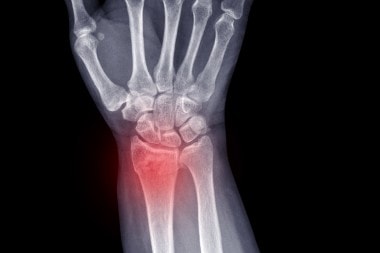Ethnic Background Matters in ECG Evaluation Lean on Risk Stratification Tools in Chest Pain Lasting Effects of Headache in Children Trauma and Childhood Migraine Comparing ‘Fixes’ for Distal Radial Fractures in Adolescents Casting Options in Distal Radius Fractures in the Elderly Avijit Barai, MBBS, MRCS, MSc (Critical Care), PgCertCPU, FRNZCUC Ethnicity and STEMI Criteria of ECG Key point: The ethnic background of patients should be considered during ECG evaluation of ST segment elevation myocardial infarction …
Read More

